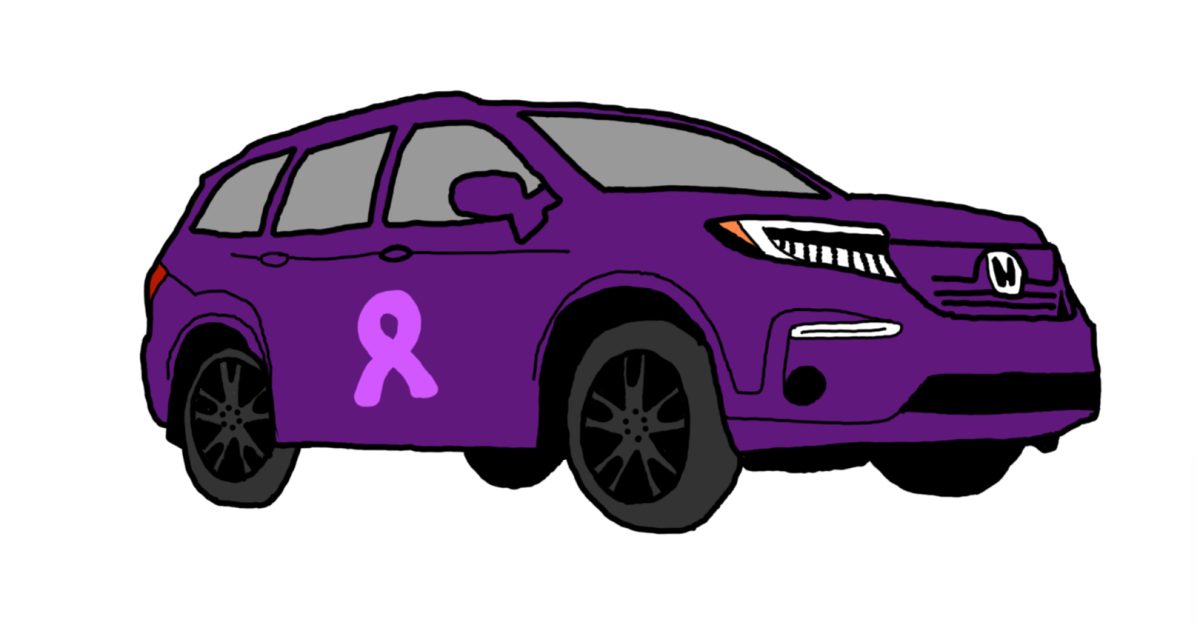While alcohol and drug addiction are stereotypical teenage addictions, a recent study by Johns Hopkins University states that caffeine is the most widely used stimulant worldwide, and teenagers are becoming addicted
Junior Blake Smith’s morning routine consists of three things: a shower, breakfast and a hot cup of coffee.
Smith drinks coffee five days a week and is one of the many adolescents considered caffeine dependent, according to Johns Hopkins Medical Center. “I need the extra caffeine boost,” Smith said. “When I don’t drink coffee, I feel a lot more out of it.”
Spanish teacher Joy Esboldt said she thinks caffeine addiction is often ignored. “A lot of teachers are actually (caffeine) dependent themselves,” Esboldt said. “It’s socially acceptable.”
Acceptable or not, caffeine’s health effects are widely overlooked, according to the American Academy of Pediatrics (AAP). The parents of a teenage girl sued Monster Beverage Corp., the makers of Monster Oct. 17, over their daughter’s death from caffeine overconsumption. The 14-year old’s death is one of five deaths connected to highly caffeinated energy drinks in the last eight years, according to the American Association of Justice.
Joel Oberstar, the CEO of Prairie Care, a psychiatric treatment center affiliated with the University of Minnesota, said he recommends caffeine limits on a case-by-case basis.
“Some people can tolerate more than others,” he said. “Safe limits are usually 10-150 milligrams per day.”
Freshman Zoe Eilers said she thinks teens know the risks of caffeine, but they consume it simply out of their preference for drinks that contain it.
“A lot of caffeine drinks are really good,” Eilers said. “Students drink them for the taste.”
According to a 2011 study at the State University of New York Buffalo, teenagers prefer the taste of caffeinated drinks more than the taste of uncaffeinated ones, even if ingesting the caffeine unknowingly.
Barista Zoay Lundy works at the Caribou Coffee on Lake Street near the high school and said teenagers represent a large portion of the store’s business.
“It’s usually the same people,” Lundy said. “About 90 percent of kids get caffeinated drinks, especially (highly caffeinated) cappuccinos.”
Lundy said she thinks teens buy caffeinated drinks to experience caffeine’s stimulating effects.
“Caffeine is a drug that happens to be legal. It gives you a buzz and makes your heart beat faster,” Lundy said.
Whether for the energy content or for other reasons, more than 85 percent of teens regularly drink caffeine, according to a 2009 Drexel University study. However, because of caffeine’s health risks in adolescents, the AAP suggests students avoid such drinks altogether.
Oberstar said he deemed the suggestion harsh in most cases, saying that the severity of caffeine’s side effects depend on a person’s intake.
“It’s a matter of how much is too much,” Oberstar said. “Some people can have side effects from caffeine use such as upset stomach, anxiety, insomnia and irritability.”
Oberstar said teens should weigh the pros and cons when turning to caffeine for energy.
“Its a double-edged sword,” Oberstar said. “It can enhance attention and focus, but the flip side is someone who doesn’t sleep at night and relies on caffeine in the morning.”








